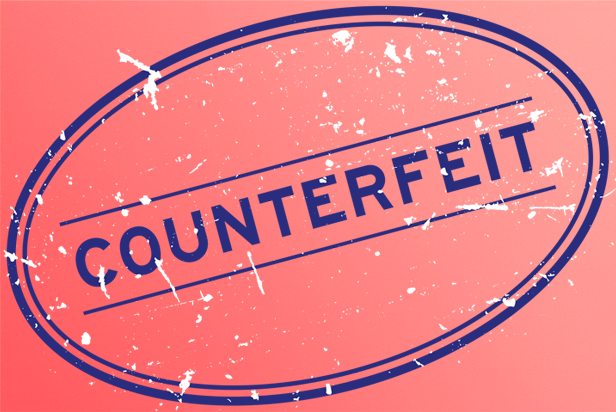News February 10, 2025
Authorities Seize Nearly $40M in Counterfeit Sports Merch
Investigators nabbed 214,507 knockoff items, including jerseys, T-shirts, hats, jewelry and other memorabilia – a crackdown announced in conjunction with Super Bowl LIX.
Key Takeaways
• Off the Streets: Operation Team Player seized $39.5 million in counterfeit sports merchandise.
• Collaboration: The initiative, led by the IPR Center, involves federal authorities and sports leagues.
• Not a ‘Victimless’ Crime: Counterfeit items can lead to identity theft and financial loss for consumers.
Operation Team Player, a yearlong collaborative effort between federal authorities and major sports leagues, has led to the seizure of $39.5 million in counterfeit branded sports merchandise.
The National Intellectual Property Rights Coordination Center (IPR Center) announced the confiscation of knockoff jerseys, T-shirts, hats, jewelry and other memorabilia in conjunction with Super Bowl LIX – the highest profile sporting event in the United States. The bogus merch pertained to much more than just the Super Bowl, though.

Through the crackdown, authorities seized about 214,507 items in the last year. Since launching in 2013, Operation Team Player initiatives have resulted in the removal of $455 million worth of counterfeit sports merch and apparel from the marketplace. It’s the federal government’s largest anti-counterfeiting effort.
The IPR Center, led by Director Ivan J. Arvelo, announced the seizure, noting that Operation Team Player is a joint effort between Homeland Security Investigations (HSI), U.S. Customs and Border Protection (CBP) and sports leagues that aims to prevent counterfeit sports-related merchandise (apparel and other goods) from reaching fans ahead of high-profile sporting events.
Authorities said that buying counterfeit items hurts more than proper license/trademarks holders and their partners who sell their merch. It can lead, they said, to identity theft and financial loss for consumers.
“Fake jerseys and hats might seem like a good deal, but they can come with serious risks,” said AnnMarie Highsmith, executive assisstant commissioner for CBP’s Office of Trade.
Tips authorities offered consumers to protect themselves from buying counterfeit merch included sticking to trusted retail locations, refraining from buying expensive items from unknown online sellers, being leery of deals that “seem too good to be true,” and looking for signs of poor quality, like bad stitching.
